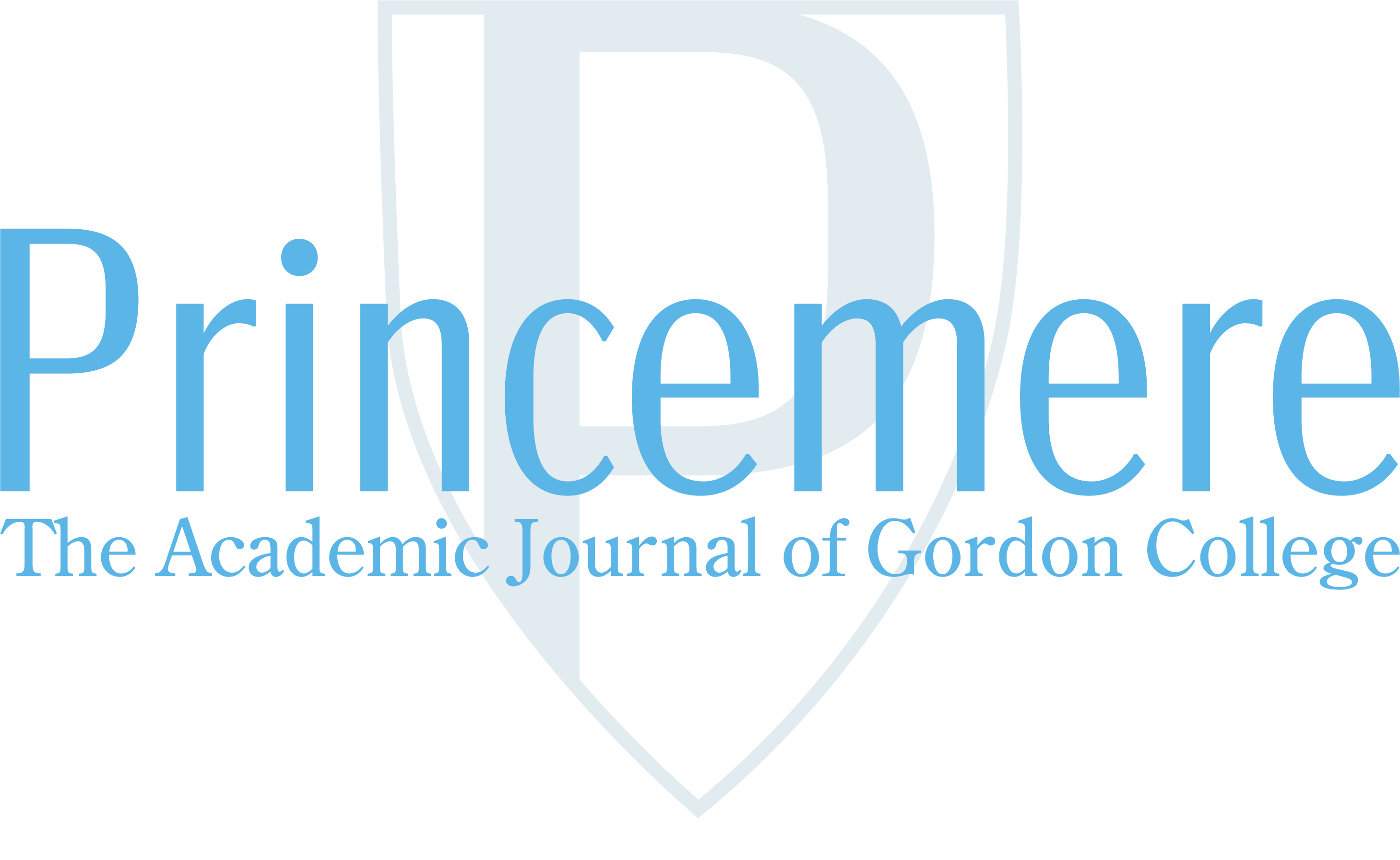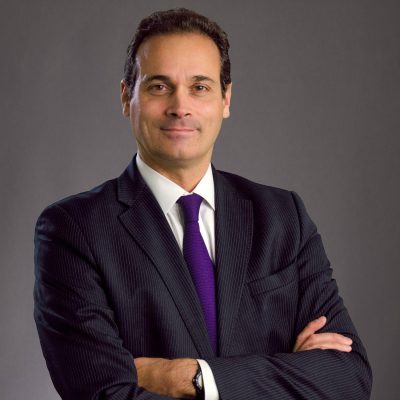As children across America were anticipating a night full of costumes, candy, and chilling bedtime stories, the United Kingdom (UK) Parliament was anxiously debating a resolution for the ongoing Brexit decision. In an effort to understand the implications of Brexit, and the role of the United States, Princemere, The Department of Political Science, Philosophy and History, (PPH) and The Center For Entrepreneurial Leadership (CEL) sought the council of an expert. On October 29th, Gordon students from a variety of majors and faculty came to listen to Dr. Phil Budden, Senior Lecturer at the MIT Management School in Technological Innovation, break down the initial Brexit referendum vote in 2016 and the events that led up to the deadline looming over Parliament. Before joining MIT’s faculty, Dr. Budden served as British Consul General for New England, as well as the First Secretary at the British Embassy in Washington, D.C and the Adviser to the Prime Minister at Number 10 on European and institutional strategy.
Dr. Budden began by explaining the initial vote in June 2016 was to decide whether the UK should remain a member of or leave the European Union, many citizens “used this vote to comment on a number of other things,” such as immigration, multiculturalism, and capitalism. With the growing number of Syrian refugees seeking asylum in the UK, low-income and working-class citizens became concerned that they would lose their jobs to the rising immigrant population and consequently lose their stake in the economic system of their native country.
Citizens heavily impacted by the economic policies within the EU hoped to “take back control” of their country’s economy through developing trade relationships with nations outside the EU. Growing beliefs of nationalism gave way to the right-wing populist party of Britain, led by current Prime Minister, Boris Johnson, and British politician, Nigel Farage, that paved the way for the pro-Brexit movement. Dr. Budden noted that unfortunately, while the pro-Brexit coalition successfully convinced voters as to why they should leave the EU, Brexit leaders “did not ask how [they] would like to leave”.
As a result of the decision to leave the EU, former prime minister Theresa May began the legally stated “two-year clock” in which Britain must begin making the structural changes essential for a smooth exit from the international body. As Prime Minister, May offered three different Brexit deals to Parliament, each time being rejected and further delaying progress on separating from the EU. When her third deal was rejected by Parliament in March 2019, May resigned as Prime Minister and leader of the Conservative Party, allowing for Boris Johnson to step into her role in July 2019. The major conflict that resulted in May’s resignation was the issue of backstops within the Withdrawal Agreement Bill.
While Northern Ireland chose to leave the EU with Britain, the Republic of Ireland – who shares a border with Northern Ireland – remains a member of the European Union. As a result of the Brexit decision, the British Parliament and the European Union have negotiated how to handle trade between the Irish border once Brexit is in place, as these countries will be impacted the most from the negotiations. These negotiations led to the creation of the backstop, which would ensure that there will never be a “hard border” between the two countries, even if the UK and EU cannot agree on a future trade deal after the two-year transition clock. Despite May’s efforts to pass the Withdrawal Agreement Bill, it was up to Johnson to cement the bill and begin making substantial progress towards leaving the EU. Under Johnson’s leadership, Parliament passed a new deal establishing a customs and regulatory border to allow Britain to trade with countries outside of the EU. However, without the support of Parliament, Johnson was forced to further extend the Brexit deadline to January 31, 2020, allowing enough time for the Withdrawal Agreement to be completed.
After concluding his crash course on the history of Brexit, Dr. Budden closed his talk by emphasizing why and how the future of the United Kingdom and European Union will have global repercussions that will be felt by both current and future generations. The rise of nationalism and populist political groups within the UK has inspired similar movements across the globe, including the United States. After the vote to leave the EU in June of 2016, Americans with similar feelings of neglect from their country found their refuge current President Donald Trump, whose campaign consisted of imposing stricter immigration laws, creating more jobs for the working class, and establishing an “America First” posture on global politics. Additionally, while populist groups in countries such as Greece, France, and Sweden have found their spark in Brexit, Dr. Budden argues that observing the drama that is Brexit unfold may have discouraged countries from continuing these movements, with many EU countries acknowledging that, “the EU isn’t perfect, but what club is?”
In addition to the global implications of Brexit, Dr. Budden warned that while many will not feel the impact of the decision initially, it will eventually be a heavy burden on the citizens of Britain. Communities that originally voted pro-Brexit, primarily rural and working-class communities, are likely to be hit the hardest due to the pending tariffs expected to become law. For individuals traveling across Europe, there is now growing uncertainty regarding healthcare, as it is unclear whether British citizens will have credible health insurance when entering a member state of the EU. In the research field, Dr. Budden predicts that the Brexit decision will impact the science community, particularly the relationship between British scientists and scientists from EU nations. No longer part of an EU nation, British scientists will have difficulty conducting research with other European scientists, thus decreasing opportunities for cross-national studies and the opportunity to receive research grants, severely hurting the legitimacy of Britain’s scientific community in the global arena. Politically, Dr. Budden predicts that the Brexit decision severely damages Britain’s relationships with other developed countries, such as the United States. As a predominantly English-speaking country, Britain became the United States go-to nation to further relations with the European Union. However, with the loss of this political ally in one of the largest international bodies, the U.S and other nations are likely to turn to other English-speaking European nations.
The greatest implication of the Brexit decision was the realization by British citizens that a seemingly frivolous vote will actually have a major impact on their livelihoods. From a lack of education on the vote, to a lack of young educated voters, Dr. Budden believes that the repercussions of Brexit have encouraged citizens to not only question their individual values, but to determine “who shares [their] values”: the European Union or Britain. Most important, while Dr. Budden acknowledges how Britain has provided “theater to the rest of the world,” underneath the chaos is an important message for all political leaders. Brexit has pulled back the curtain and exposed underlying concerns – such as job stability, immigration, and national security – that are taking shape internationally. “Politicians everywhere need to address those who feel left behind,” Dr. Budden remarked to the audience.
“Quite how? Unclear.”

